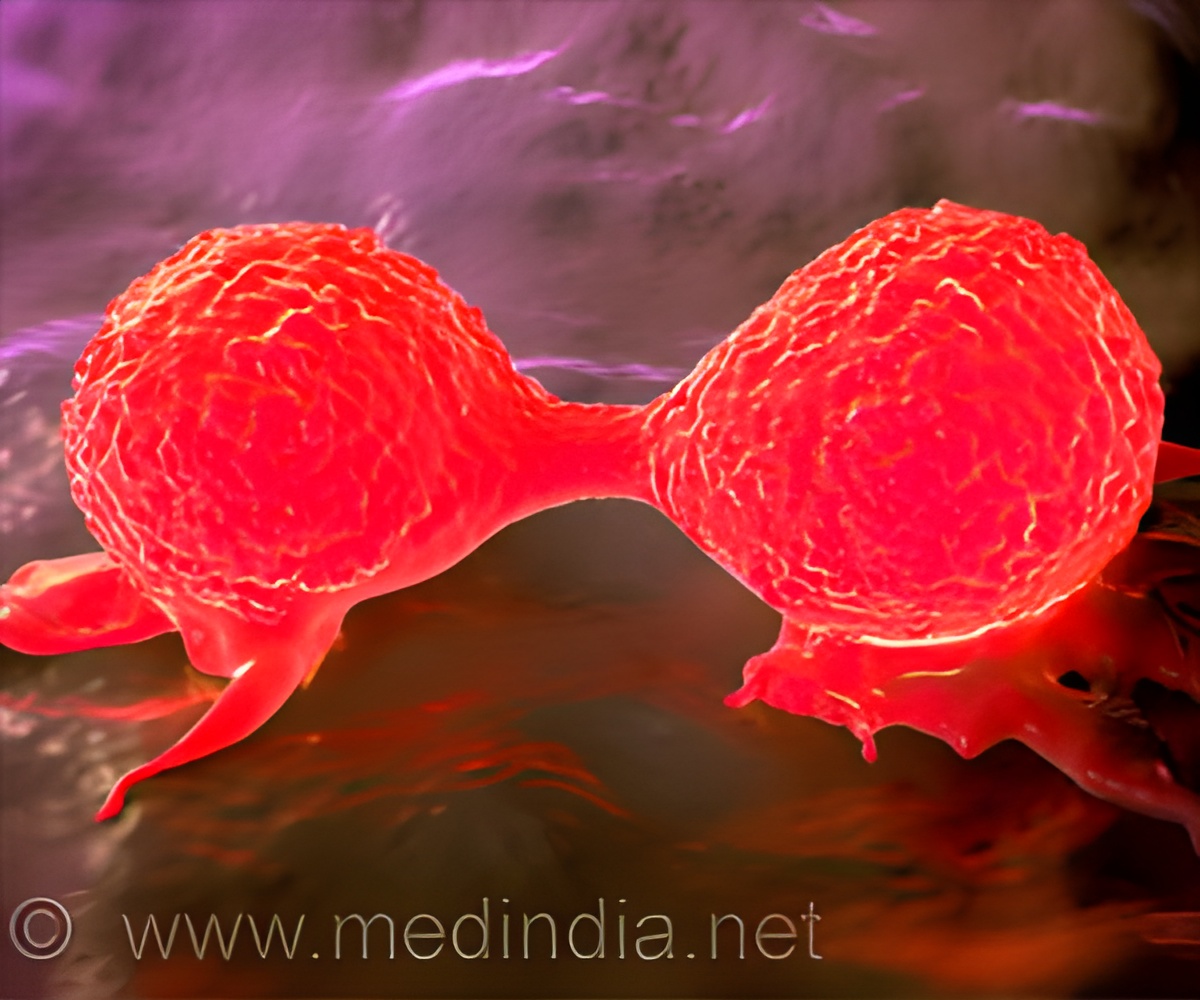Scientists have discovered a new therapeutic vulnerability for patients who have tumors caused by a genetic misfire in the DNA mismatch repair (MMR) pathway.

TOP INSIGHT
When tumors lose mismatch repair function, they acquire numerous mutations throughout their DNA which can promote cancer formation. This deficiency is often found in certain cancers, such as endometrial, colorectal and gastric cancer. It can be diagnosed through the presence of genetic irregularities known as microsatellite instability (MSI).
In addition to killing the cells, the authors found that treatment with MLN4924 induced an immunogenic form of cell death.
"As the tumor cells were dying following MLN4924 treatment, we observed them secreting molecules to recruit immune cells and expressing a protein instructing immune cells to kill other cells that look like them," said Daniel McGrail, Ph.D., postdoctoral fellow and the study's first author. "By further activating immune cells through dual treatment with anti-PD1, a treatment modality already approved in MSI tumors, we were able to induce durable, curative responses."
The team saw no toxicities from this therapeutic approach, and are hopeful about the translational prospects as both treatment agents are already in the clinic.
Source-Eurekalert
 MEDINDIA
MEDINDIA




 Email
Email




